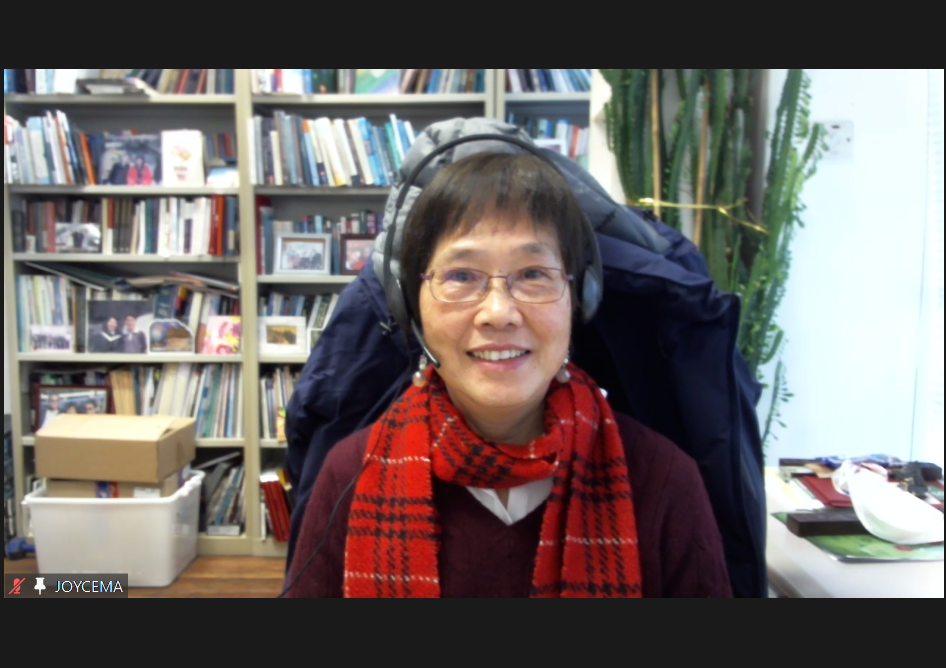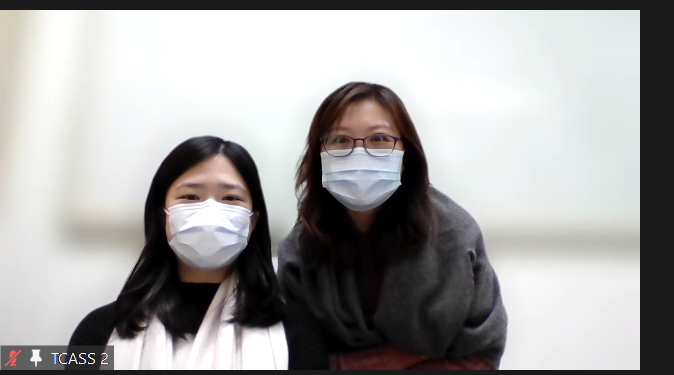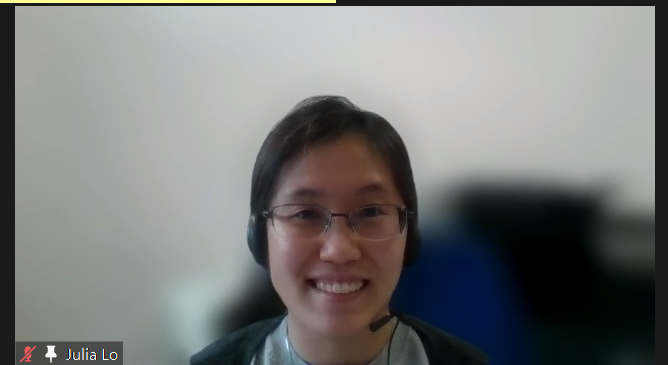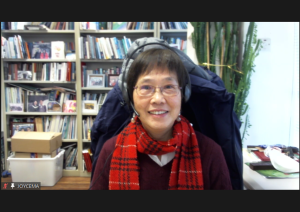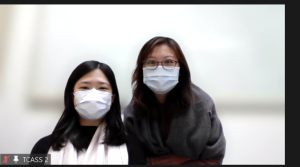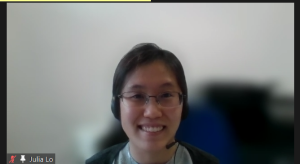CUHK
News Centre
CUHK Department of Social Work and SAHK release research findings of family-centered intervention for Chinese families of adults with high-functioning autism spectrum disorder
The Family and Group Practice Research Centre of the Department of Social Work, The Chinese University of Hong Kong (CUHK) and SAHK jointly ran a research project, “Family-Centered Intervention for Chinese Families of Adults with High-Functioning Autism Spectrum Disorder”, from 2018 to 2021. The research findings from this project were released today.
The findings suggested that family-centered intervention can be a promising approach for Chinese families of adults with high-functioning autism spectrum disorder (HFA). Family-centered intervention brought positive effects when it came to mobilising intra-and inter-familial resources to support adults with HFA, reducing caregiver stress and enhancing family relationships. Family Therapy provided a secure space for participating families to engage in open dialogues, which in turn helped to promote mutual understanding among family members. Multiple Family Group (MFG), which normally features six to eight families participating in each group, provided a psychologically safe platform for mutual support and learning among families, embracing the unique talents and strengths of adults with HFA, and helping deepen family members’ understanding of their members with HFA. MFG was also found to be helpful for adults with HFA by offering a cheerful and stimulating social environment in which they could make friends and experience alternative ways of relating to others.
Professor Joyce Ma Lai-chong from the Department of Social Work, CUHK, noted, “MFG facilitates changes in families by creating the experience of communality, instilling multiple perspectives, creating opportunities to learn from each other’s strengths, generating many possibilities and mobilising numerous resources within the group context. MFG also emphasises the active participation of families in the interactive process, which is characterised as being safe, supportive, and empowering. It can cultivate mutual support and understanding, active involvement and experiential learning, as well as reducing stigma and expanding social network support within and among the participating families.”
Dr. Joanne Wong, Clinical Psychologist and Senior Manager (Clinical Service) of the Youth Development Platform, SAHK, said, “From our clinical experience, many people with HFA and their parents, caregivers and intimate partners face great challenges during their daily interactions. It is not uncommon to find them suffering from mental health problems such as depression, anxiety and even personality disorders. The pandemic situation over the past two years has made many people with HFA and their family members spend more time together at home, which undoubtedly escalates the conflicts. Nevertheless, existing services for autism spectrum disorders are inadequate to address the unique needs of these families. In view of the service gap, SAHK in collaboration with CUHK, jointly developed this family-centered intervention with a specific focus on addressing the unique needs of people with HFA and their family members. We hope to provide a systematic and evidence-based practice model for practitioners to help these families.”
Due to the COVID-19 pandemic, the clinical research team developed and explored the feasibility and applicability of an online model of family-centered intervention for these families. In view of the positive feedback from the participating families, we recommend that family-centered intervention (including Family Therapy and MFG) can be an effective model in helping Chinese families of adults with HFA. Virtual care for these families can also be an alternative servicing mode to ensure consistent and continual support when conventional face-to-face service delivery is not feasible.


